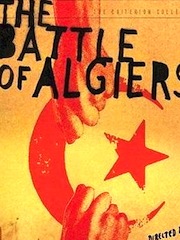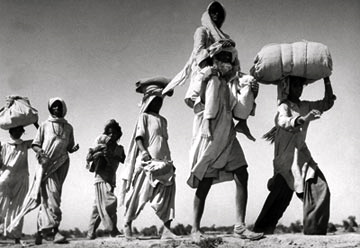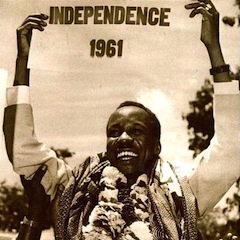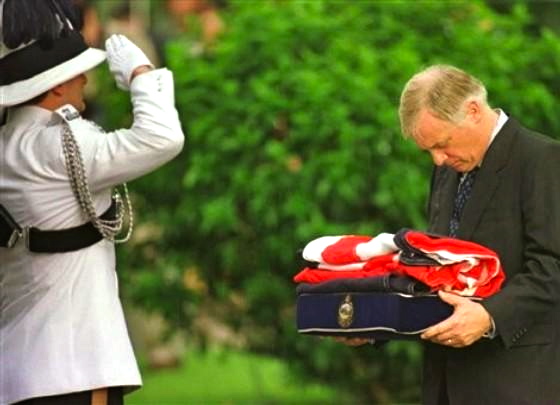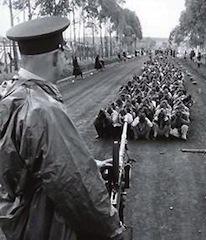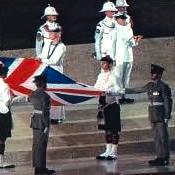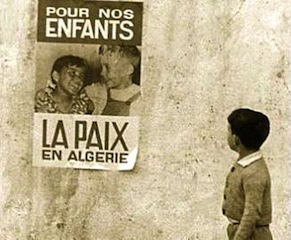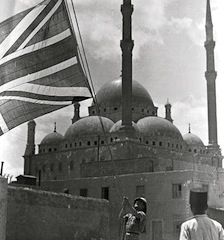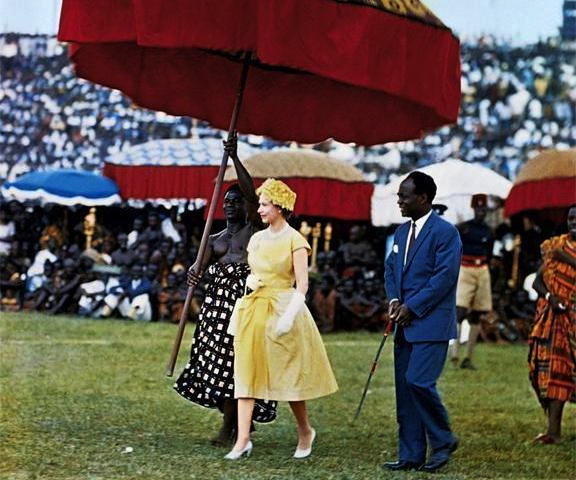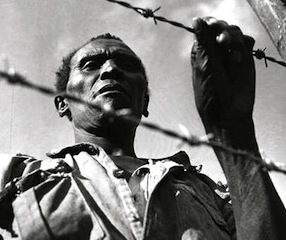We have seen the awakening of national consciousness in peoples who have for centuries
lived in dependence upon some other power... In different places it takes different
forms, but it is happening everywhere. The wind of change is blowing and whether we
like it or not, this growth of national consciousness is a political fact. We must
all accept it as a fact, and our national policies must take account of it. |
|
—Harold Macmillan, Prime Minister of Great Britain
Address to the Parliament of South Africa (1960) |
Small nations are like indecently dressed women. They tempt the evil-minded. |
|
—Julius K. Nyerere, President of Tanzania (1964)
|
AT THE END
of the Second World War much of the world was controlled,
either directly or indirectly, by European overseas empires. The steady dismantling of these empires
during the latter half of the twentieth century was one of the greatest political developments in
modern history and it remains one of the most controversial. For many citizens of the colonizing
states it represented a sad finale to their country's days as a world power, but for colonized
peoples it was often the long-awaited day of national liberation and the first step into a hopeful
but uncertain future as an independent nation. Yet the path from empire to independence varied
greatly from one case to another. In some instances it was a peaceful and smooth transfer of
power while in others it came only after bloody and chaotic conflict. Some newly independent
states saw a strong and cohesive national identity emerge from (or perhaps despite) the colonial
experience. However in others, the formerly colonized societies divided bitterly along ethnic,
tribal, and religious lines. Many of the world's most seemingly intractable political
problems in our own time have resulted from the process of decolonization.
This reading-intensive colloquium takes a comparative approach and focuses on the causes and
consequences of decolonization, primarily in Africa and Asia. The study of decolonization is
a relatively new and exciting field for historians, and this course will introduce students to
some of the leading research as well as to postcolonial literature and critical theory. Course
readings will be drawn from a wide range of historical scholarship and literature that address
the political, cultural, social, economic and psychological dimensions of decolonization and
its lessons and legacies in our own time.
|


